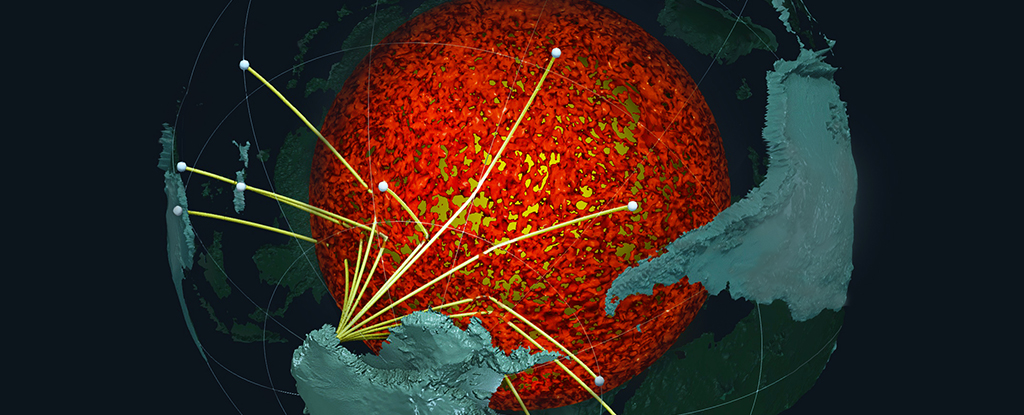Manonthestreet
Diamond Member
- May 20, 2014
- 35,944
- 24,632
- 1,945

Earth's Core Seems to Be Wrapped in an Ancient, Unexpected Structure
We never knew about this.
Another scientific discovery right from The Bible. Are ya ready?? Well are ya
